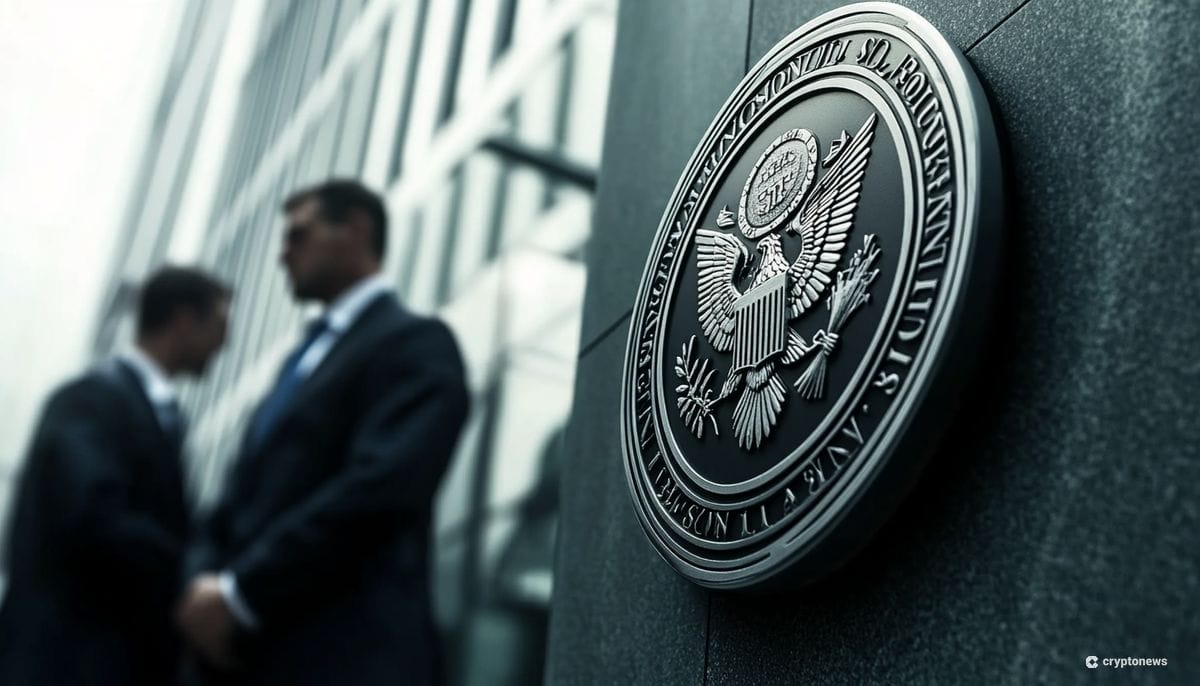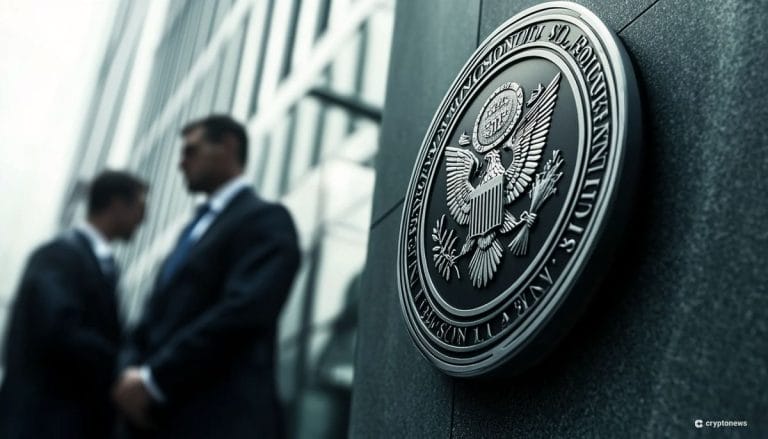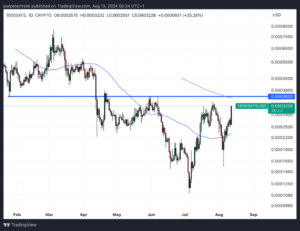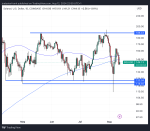Last updated:
 Why Trust Cryptonews
Why Trust Cryptonews

The U.S. Securities and Exchange Commission (SEC) has intensified its scrutiny of the cryptocurrency industry. It is now setting its sights on several venture capital funds, including notable names like Andreessen Horowitz and Union Square Ventures.
These firms have reportedly received letters from the SEC concerning their investments in Uniswap Labs, the company behind the decentralized cryptocurrency exchange Uniswap.
SEC vs Uniswap: The Battle is Getting Hotter
Uniswap Labs, which developed the Uniswap protocol, received a Wells Notice from the SEC in April. This is essentially a formal notification that the SEC believes the protocol violates securities laws.
The SEC’s growing scrutiny has taken a significant turn with its recent focus on several prominent venture capital firms, including Andreessen Horowitz, Union Square Ventures, Paradigm, and other key investors in Uniswap Labs.
These firms, which collectively invested millions in the development and growth of the Uniswap protocol, have been issued formal notices by the SEC, signaling the regulator’s belief that Uniswap Labs may have violated securities laws.
The Wells Notice, which Uniswap Labs received in April, is essentially a precursor to potential enforcement actions. It indicates that the SEC views the Uniswap protocol as an unregistered securities exchange.
The notices to the venture capital firms suggest that the SEC is investigating the extent of their involvement and influence over Uniswap’s operations, potentially seeking to hold these investors accountable under securities laws.
Andreessen Horowitz, Union Square Ventures, and Paradigm, among others, have been instrumental in funding Uniswap Labs. These firms contributed to the company’s ability to raise over $170 million, which has propelled the protocol to its current valuation of nearly $1.7 billion.
Uniswap Labs, for its part, has strongly refuted the SEC’s accusations, arguing that the protocol does not meet the legal definition of an exchange and should not, therefore, be subject to the SEC’s jurisdiction.
Marvin Ammori, Uniswap’s Chief Legal Officer, argued that the protocol functions as a passive technology, facilitating trades primarily involving assets like Ethereum, Bitcoin, and stablecoins, which are generally not classified as securities.
This position is intended to distance Uniswap from the SEC’s regulatory reach, asserting that approximately 65% of its trading volume involves non-security assets.
The involvement of these high-profile venture capital firms adds another layer of complexity to the SEC’s case.
Uniswap Labs has warned that if the SEC pursues this case, it could have far-reaching consequences for the U.S. cryptocurrency industry.
Uniswap Crack down Might be The End of Crypto in the US
The SEC’s pursuit of Uniswap Labs is not just a challenge to one company but a potential turning point for the entire decentralized finance (DeFi) ecosystem, especially in the US.
Uniswap’s use of liquidity provider (LP) tokens is central to the SEC’s concerns and is integral to the protocol’s automated market-making mechanism.
LP tokens are issued to users who deposit assets into Uniswap’s trading pools. They serve as a receipt that can be redeemed for the value of the deposited assets.
The SEC, however, contends that these LP tokens might be considered investment contracts under securities law, a classification that Uniswap Labs vehemently disputes.
Notably, Uniswap Labs recently challenged the SEC’s authority over the crypto market following the recent Supreme Court decision against the “Chevron Deference,” a doctrine that allowed administrative agencies like the SEC to interpret vague laws.
Uniswap argued in their response that the agency could no longer rely on this deference to claim broad control over decentralized finance (DeFi) protocols, particularly in light of the SEC’s proposal to expand the legal definition of “exchange” to include such protocols.
















